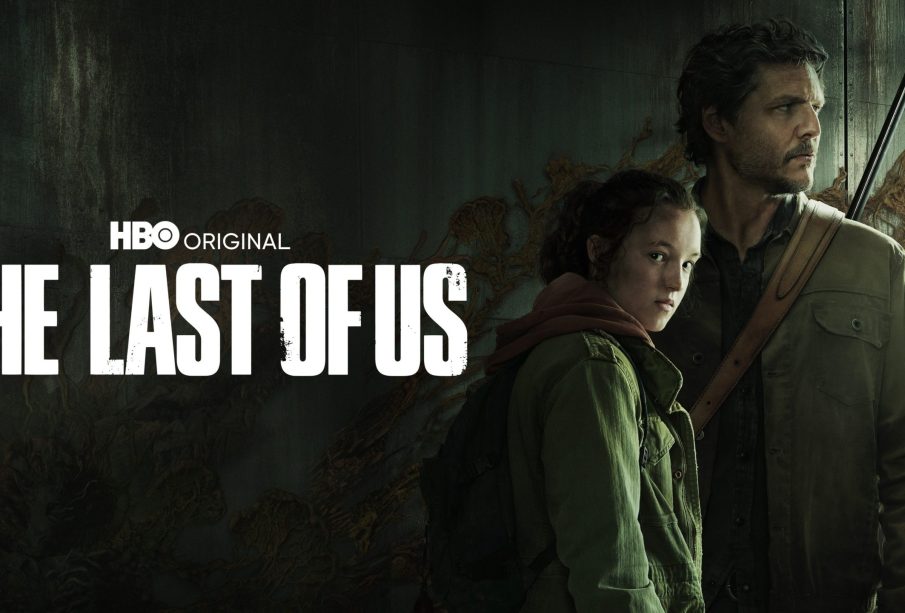The Last of Us: A Cultural Phenomenon in Gaming and Television

Introduction: The Last of Us and Its Importance
The Last of Us is more than just a video game; it’s a cultural landmark that has influenced storytelling across multiple mediums. Developed by Naughty Dog, the game first released in 2013 was lauded for its poignant narrative, complex characters, and emotional depth. Its narrative about survival in a post-apocalyptic world has resonated deeply with audiences, leading to a television adaptation that premiered in January 2023 and quickly captured widespread attention.
Main Body: The Journey of The Last of Us
From Game to Screen
Following the original game’s critical acclaim, HBO adapted The Last of Us into a television series. The show stars Pedro Pascal as Joel and Bella Ramsey as Ellie, faithfully capturing the essence of the original characters and their journey through a devastated America. This adaptation has been praised for its strong performances, faithful representation of the game, and its ability to delve even deeper into the backgrounds of its characters.
Audience Reception
The response to the show has been overwhelmingly positive. According to viewership data, the premiere episode drew over 10 million viewers, making it HBO’s second-largest debut since the final season of Game of Thrones. Critics have highlighted how the series successfully expands on the game’s emotional themes, including love, grief, and the moral dilemmas faced in extreme circumstances.
Cultural Impact
The Last of Us has sparked discussions about storytelling in games and television. It has prompted debates on the narrative potential of video games, validating them as a form of art and storytelling comparable to film and literature. Moreover, the show’s popularity has encouraged other game developers to explore rich narratives, potentially initiating a new trend in gaming storytelling.
Conclusion: Significance for the Future
The Last of Us serves as a reminder of the power of storytelling, regardless of the medium. Its successful adaptation from game to television demonstrates the potential for intricate narratives to captivate audiences across various formats. As discussions continue around the evolving landscape of interactive entertainment and streaming platforms, the influence of The Last of Us is likely to pave the way for future projects that prioritize character-driven stories. With a second season already in the works, fans are eager to see how this compelling saga will further unfold, securing its place as a cultural phenomenon for years to come.









